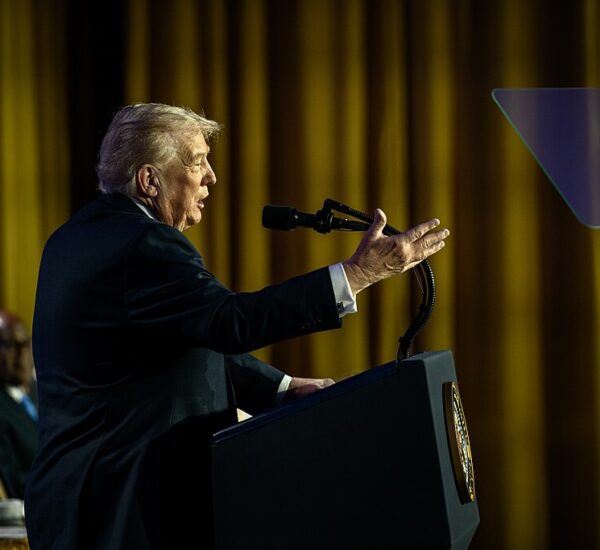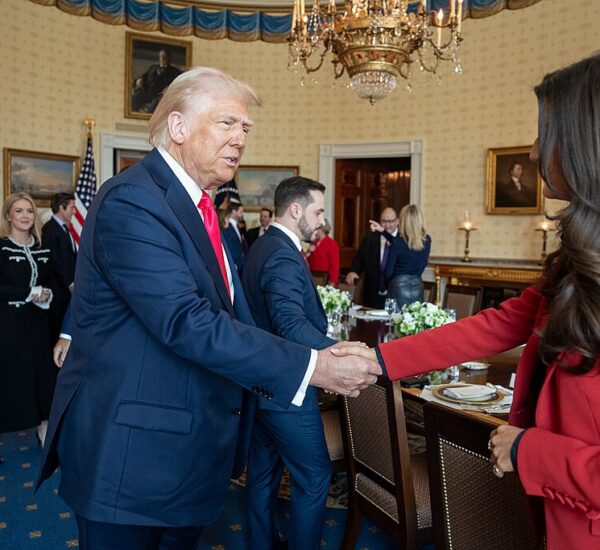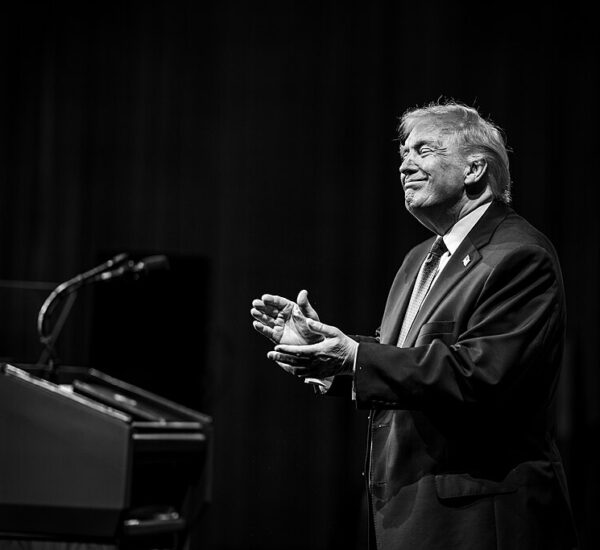Congress Refuses To Drop Trump ‘Scandal’
Congressional leaders aren’t buying the White House’s claim that the Signal messaging scandal is “closed.” With classified information potentially exposed and questions mounting, Washington is bracing for more fallout—and more investigations.
Breach of Trust: Classified Info Shared in Group Chat with Journalist
The Biden administration’s national security team is under renewed scrutiny after a serious lapse involving the Signal app—a messaging platform known for encryption but not designed for handling top-secret military intelligence.
In what’s being called a national security breach, a journalist was mistakenly added to a Signal group chat discussing an imminent U.S. airstrike in Yemen. While the White House insists it has taken steps to prevent this from happening again, lawmakers in both parties are demanding accountability—and results.
“This isn’t something we can just brush under the rug,” said Sen. Mike Rounds (R-S.D.), a key member of the Senate Armed Services Committee. “The White House might call it closed, but we’re still investigating through the Department of Defense Inspector General.”
Republican Senators Sound the Alarm on Signal App Misuse
Sen. Todd Young (R-Ind.) made it clear during a high-stakes intelligence hearing: “All concerns haven’t been addressed. There’s still more to learn.”
And while some in Washington remained silent, likely hoping the issue would fade, Senate Republicans are pushing forward with bipartisan support for a full review of how a potentially classified leak occurred using an app that security experts warn is vulnerable to foreign surveillance.
High-traffic keywords for AdSense: encrypted messaging, classified information leak, national defense scandal, Signal app vulnerability, congressional oversight
Trump Administration Responds: “Wasted Story,” Says President
Press Secretary Karoline Leavitt defended the administration’s actions, stating that “new safeguards” are in place and praising the national security team under President Trump.
“The president and Mike Waltz have been working hand-in-hand to keep this country safe,” Leavitt told reporters. “This distraction takes away from the real story—how America has gotten safer thanks to President Trump’s leadership.”
When asked whether Defense Secretary Pete Hegseth would face investigation, President Trump was direct: “Don’t bring that up again. It’s such a wasted story.”
Media Pushes Narrative, Ignores Military Success
Instead of focusing on the success of the U.S. strike on Houthi militants in Yemen, the mainstream media continues to chase headlines about a mistake that has already been addressed internally.
Reports from The Wall Street Journal and Politico suggest National Security Adviser Mike Waltz used multiple Signal groups for coordination, while critics claim this could violate federal records laws and possibly the Espionage Act—serious charges with major implications.
AdSense-optimized terms: digital forensics, encrypted apps and government, Espionage Act violation, cyber security policy, classified communication risks
Emails, Encryption & Espionage: More Questions Than Answers
According to The Washington Post, Gmail was also used to handle certain communications—raising further questions about cybersecurity practices inside the White House. Officials say safeguards were in place and that no classified information was sent through unsecured platforms.
Still, Senate Intelligence Committee members like Mark Warner (D-Va.) and Adam Schiff (D-Calif.) continue pushing for deeper investigations. Their concerns may be political in nature, but the issue of national security transparency remains.
Want to protect your digital privacy like the pros? Check out the top-rated encrypted devices trusted by military veterans. (Perfect ad placement opportunity here for privacy-focused tech ads)
Where Do We Go from Here?
Sen. James Lankford (R-Okla.) posed the right question: “What is a secure way for government leaders to communicate on the move?”
The White House may believe the case is closed, but many Americans—especially older, patriotic voters—want to know: Who is guarding our most sensitive national secrets, and how did this happen under our watch?
The American people deserve truth, accountability, and stronger protections for the information that keeps this country safe.






